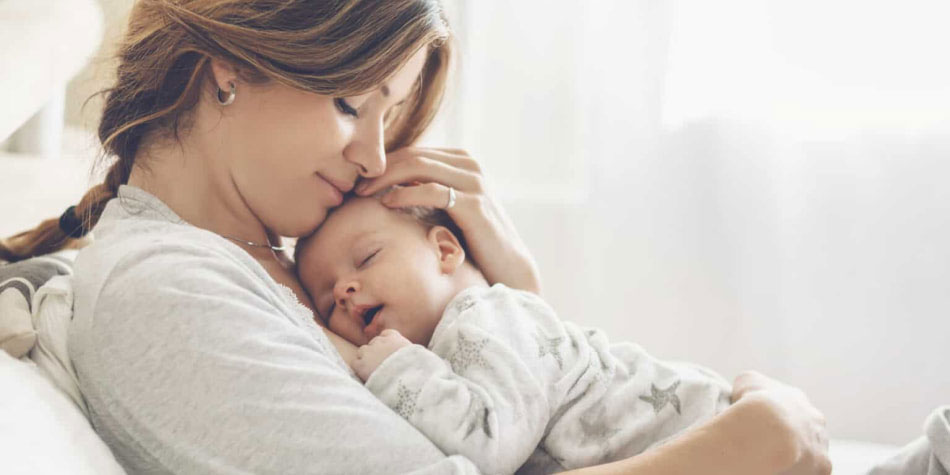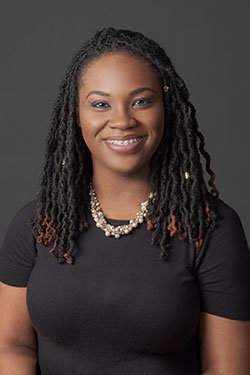
breast milk offers many benefits for growing babies, and now there's one more to add to the list: If a nursing mom gets vaccinated against COVID-19, her baby might get some protection against the disease.
New research has found a connection between the COVID-19 vaccine and breastfeeding, showing that disease-fighting antibodies from the vaccine may pass through breast milk for the baby's benefit.
Reassuring news from the research
The reports found that lactating people who had received an mRNA vaccine (such as the ones from Pfizer or Moderna) had measurable levels of COVID-19 antibodies in their breast milk. This matters because, for now, infants can't get a COVID-19 shot. Even though most babies who contract COVID-19 don't have severe cases, getting a bit of mom's protection could still give them a helpful immune boost.

“Breastfeeding is not only a way to strengthen the bond between you and your baby, but it can also be a mechanism to provide health benefits for your baby,” said Dr. Raphny Johnson, an obstetrician and gynecologist at HCA Houston Healthcare Clear Lake. “Antibodies from the COVID-19 vaccine can be found in breast milk and this can potentially provide an additional layer of protection for your baby. Various factors can affect your milk supply and one of the biggest is getting sick. Getting one of the vaccines increases your chances of staying healthy and reduces the risk of interrupting your breastfeeding.”
This news should reassure breastfeeding women who are worried about getting their vaccine. While we need more data to learn just how much immunity a baby gets from the breast milk antibodies, researchers don't consider vaccination a risk to infants — it can't hurt, and it may even help.
However, vaccination will protect mom, and she can resume breastfeeding immediately after the shot.
"The information about vaccination during pregnancy and breastfeeding is all very reassuring," said Dr. Johnson. "Both are considered to be safe, with a neutral to beneficial impact on the fetus. Since we know that pregnant women and recently pregnant women tend to get sicker from COVID-19 than non-pregnant women, vaccination is something I encourage."
Even though the mRNA vaccines were the ones that showed antibody transmission in breast milk, Dr. Johnson’s advice extends to all currently available vaccines, including the Johnson & Johnson shot. However, do be aware of the rare but increased risk of blood clots for women under 50 with this vaccine.
Still, according to Dr. Johnson, "there's no scientific reason now to believe that one vaccine would be more or less preferable than the others."
Currently, none of the available vaccines contain a live virus, so they do not pose a danger to breastfeeding individuals. This is also why it's considered safe for pregnant and breastfeeding women to get certain other vaccines, such as the flu shot, which contains a killed (inactivated) version of the influenza virus.
According to Dr. Johnson, we do not currently have any data on how long the protective antibodies last in infants.
Always talk with your doctor
If you book an appointment for a COVID-19 vaccine and find yourself with cold feet on that day, you will likely have some resources readily available to you. Some mass vaccination clinics have nurses or physicians on-site to help address last-minute concerns or questions about the COVID-19 vaccine and breastfeeding, or other topics. If you get your shot at a drugstore, the pharmacist can help too.
Most importantly, be sure to talk with your doctor. They're your best source of information, and they want to help. Providers like Dr. Johnson get these kinds of questions all the time from pregnant and recently pregnant people, and they want patients to feel empowered and informed about their healthcare choices, so ask as many questions as you need to feel confident in your care plan. After all, this virus can be particularly puzzling. Doing all you can to protect yourself and your family from its mysterious and potentially severe impacts can make all the difference.
“It is important to protect yourself as much as you can during and after pregnancy,” Dr. Johnson said. “Getting the vaccine does not guarantee that you cannot contract COVID-19, but it can decrease your risk of serious illness, hospitalization and even death. I still recommend that my patients practice proper hand hygiene and wear a face mask when they are in large crowds.”
Ready to get your free COVID-19 vaccine? Access to the COVID-19 vaccine has become much easier and it is now widely available at most local pharmacies.
$webqFacilityNumber
Need a Physician?